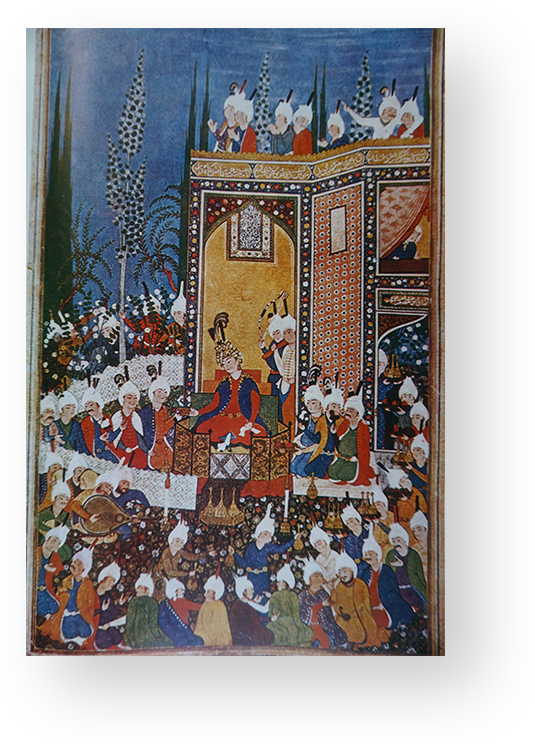The main texts sung in mugham performances belong to the genre of ghazal poetry. Even instrumental renditions of mugham without singing conjure ghazal lyrics and lead to contemplation of poetical themes and meanings.
Separation from the Beloved is the subject matter of ghazal poetry. The Beloved can stand for another human being, the divine, or one’s homeland, offering endless possibilities for interpretation. The text is full of metaphors that are suggestive rather than determinate, and often the use of imagery and metaphor points to the awareness of language’s own limitations.
In my work, I look into how the meanings of ghazal poetry are interpreted and imagined by Azerbaijani mugham performers and listeners today, and how these processes comprise musical creativity and shape post-Soviet subjectivities.
Below are a few of my own translations of ghazal texts sung in mugham.



